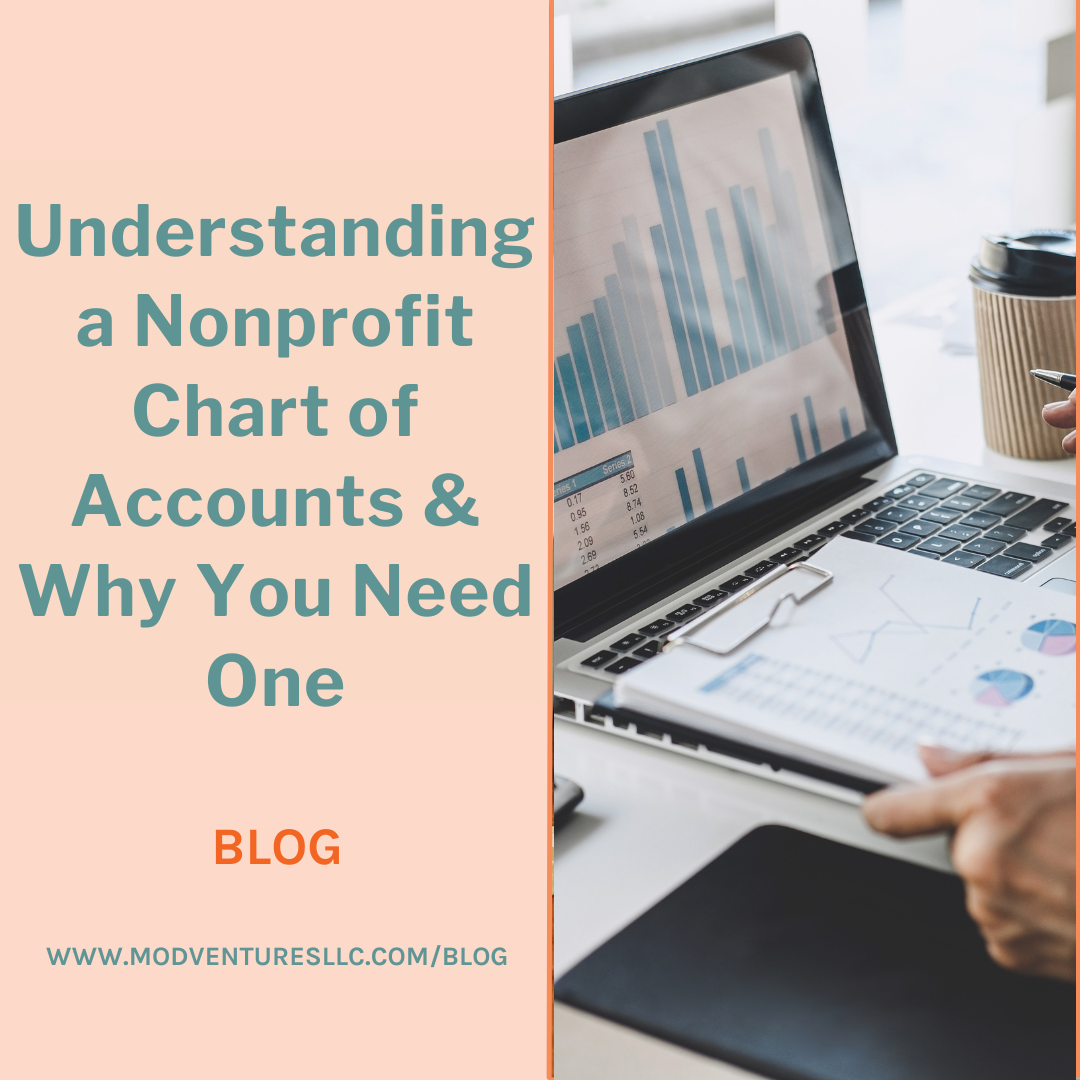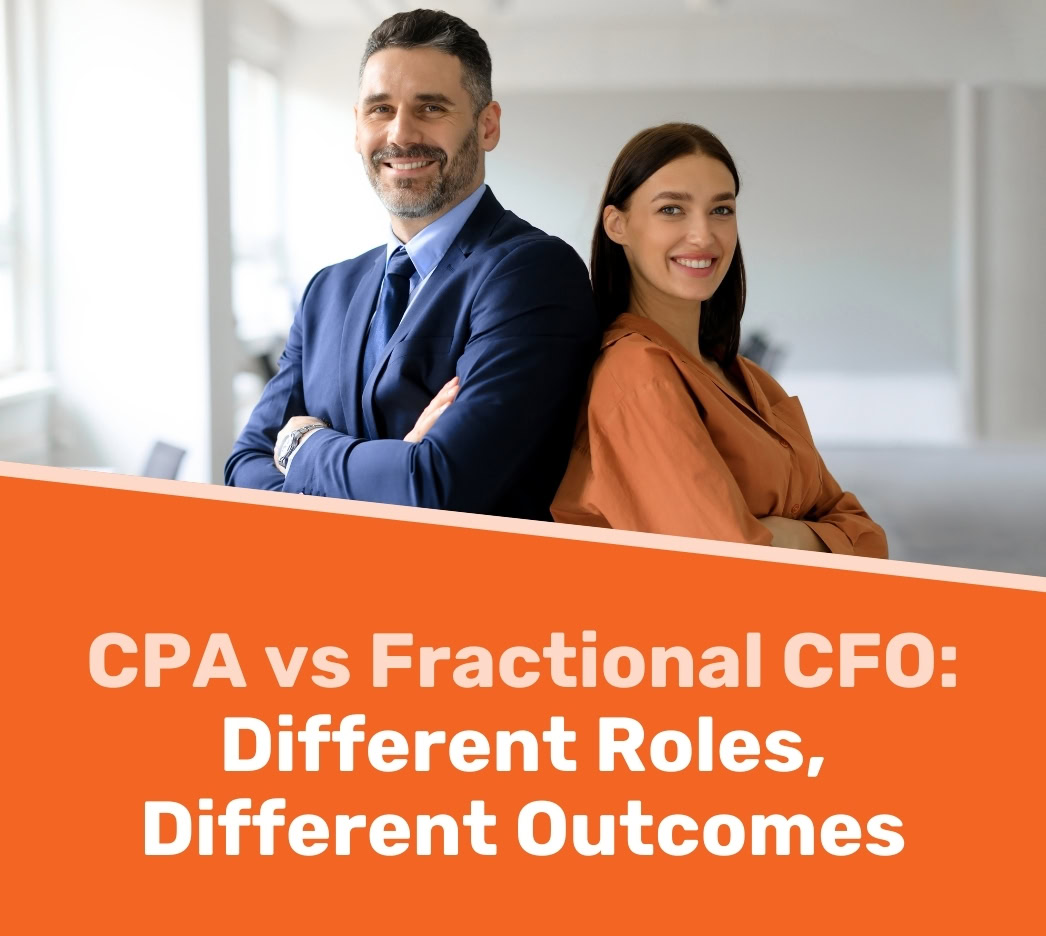By: Gabrielle Luoma CPA, CGMA
By: Gabrielle Luoma CPA, CGMA
For nonprofit organizations, maintaining clear and accurate financial records is not just beneficial — it’s essential. Among the most critical tools for achieving this is the chart of accounts (COA).
This financial, organizational tool does more than keep your books in order; it ensures that every financial transaction is appropriately categorized and recorded, facilitating better management and compliance.
Let’s talk about a Nonprofit chart of accounts and why you need one:
What is a Nonprofit Chart of Accounts?
A chart of accounts is a comprehensive listing of every account in an accounting system, each with a unique record. These accounts are classified, including assets, liabilities, equity, revenue, and expenses.
For nonprofits, the COA is tailored to reflect the sector’s specific needs, helping ensure that all transactions support management requirements and regulatory compliance.
The Importance of a Chart of Accounts for Nonprofits
A well-defined COA is crucial for several reasons. It promotes financial transparency and accountability, crucial for internal checks and reassuring external stakeholders such as donors, grantors, and regulatory bodies. This level of clarity is vital for daily operations, securing future funding, and maintaining public trust.
Moreover, a tailored COA aids in regulatory compliance, helping nonprofits navigate the complex landscape of financial regulations associated with grants and donor restrictions.
Nonprofits can avoid compliance issues and simplify the reporting process by ensuring funds are appropriately categorized.
Enhancing Reporting and Financial Management
With a structured COA, nonprofits can produce more meaningful and detailed financial reports. These reports allow organizations to track how funds are utilized, facilitating strategic planning and effective decision-making. Such reports are invaluable during board meetings and when communicating with donors interested in seeing their contributions’ direct impact.
The COA allows for more effective financial management in terms of budgeting. It clarifies the origins and uses of funds, aiding organizations in making informed spending decisions and planning future fundraising activities.
Structuring a Nonprofit Chart of Accounts
Creating a COA involves categorizing all financial elements of the nonprofit. Start with assets such as cash and investments and liabilities like loans and accounts payable. Income accounts should reflect various revenue streams, including donations and fundraising events, with each significant source having its distinct account for easier tracking.
Expenses should be categorized by purpose, such as program costs or administrative expenses, to evaluate the cost-efficiency of different activities. Additionally, setting up fund accounts is crucial for nonprofits dealing with multiple funding sources or restricted grants. These help manage and report on funds according to specific donor or grantor restrictions.
Implementing and Updating Your COA
Implementing a COA is not a one-time task but an ongoing process. Start by assessing your nonprofit’s financial activities and requirements. Consulting with a financial expert specializing in nonprofit accounting can be invaluable during this phase.
They can help ensure that your COA meets both your operational needs and compliance requirements. Regular updates to the COA are necessary as your organization evolves and new financial management needs emerge.
Why You Need a Nonprofit Chart of Accounts
A nonprofit’s chart of accounts is a foundational tool in managing its finances accurately and transparently. It supports compliance, aids in effective reporting, and enhances financial decision-making — all crucial for nonprofit sustainability and success.
If your organization has not yet developed a COA or needs updating, engaging with a specialized nonprofit financial consultant can provide the necessary expertise to set up a system that best supports your needs.
Effective financial management starts with a solid foundation, and a well-maintained COA is just that. By keeping your financial data organized and clear, your nonprofit can focus more on its mission and less on navigating financial complexities.
If you need further assistance creating financial projections or want more insight into the organization’s financial health, connect with the MOD VENTURES LLC team to day!
You May Also Love
CLOSE






